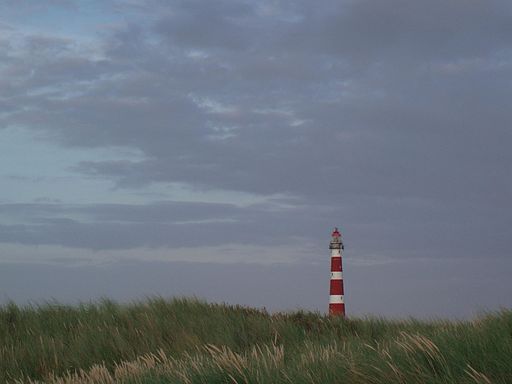We are passing on this call for chapters by people working with distance patrons. As with any call, grant proposal, or policy – if you are interested but not sure how to get started, you can contact us at CMLE Headquarters. We are ready to help you with ideas, writing, and editing of your work, to support you in offering interesting new ideas to the profession or to your community!
Call for Proposals:
Book Title: Library Services for Online Patrons: A Manual for Facilitating Access, Learning, and Engagement
Publication spring/summer 2018, ABC-CLIO/ Libraries Unlimited
Editors: Joelle Pitts, Laura Bonella, Jason Coleman | Kansas State University Libraries
Although the library literature addresses issues relating to online librarianship, there isn’t currently a volume with a practical, pragmatic, and holistic approach to serving this population. This book is intended to be a manual for librarians who work with patrons learning, studying, and researching online. Though public services librarians have the most obvious connections to online patrons, this book will also be helpful to technical services staff who provide access and services to remote patrons. We will focus on ways to build library services and resources using the principles of universal design, as well as how to cater to the specific needs of online patrons (both students and faculty). We will also address how to effectively reach out and target marketing to the online population, and how to collaborate with campus stakeholders who work directly with them. As a result, librarians who work with online patrons will have a practical blueprint to follow in implementing or improving their services and marketing.
The book will serve as a manual for anyone involved in serving or providing access to patrons outside of the physical library. The emphasis is on “practical application” and the tone will be closer to management/training manuals than heavy scholarly writing.
We seek proposals for short case studies, descriptions, best practices, testimonials and other examples of distance education services and resources. These will be used to augment each chapter with practical applications of the topic. The following areas would be of particular interest:
Taking Stock of your Library
- Take stock (What services/resources are provided? How is your library communicating these? What relationships already exist?)
- Perform an access test
- Survey distance faculty
- Perform a market scan of similarly sized and populated institutions
- Collection Analysis
Setting Goals
- User-centeredness
- Value of evidence-based decision making
- Guidance for setting long-term and short-term goals
- Mission – what do we want to see
- Needs analysis
Universal Design
- How it works for distance/online patrons
- Mobile access and service
- How universal do you go? Drawing the line
Reference for Online Patrons
- Models for point-of-need reference
- Models for appointment-based reference
- Examples of well-designed reference services for online learners
Instruction for Online Patrons
- Synchronous instruction for online patrons
- Technology considerations
- Pedagogical considerations
- Asynchronous, self-paced instruction
- Chunking
- Embedding
- Customization
Embedded Librarianship
- Models of embedded librarianship
- Time commitment
- Impact on student learning
Relationship building
- Gatekeepers and portals
- Building relationships directly with online patron
Marketing your Services and Resources
- Push vs pull marketing techniques
- Surveys as educational tools
- More marketing means more business – are you ready?
- Assess your marketing
Advocating for Access
- Tech Services
- Library and campus IT
- Access for those overseas, behind firewalls, military bases, etc.
- Authentication. Is the authentication method problematic for online patrons?
- Licensing
- Interlibrary Loan
- Mailing physical items, who pays, how do they get them back, etc.
- Models for document delivery services
- Special Collections, reserves, reference, current periodicals, etc. – materials with special rules that limit access
Please fill out the CFP form by March 31st with your information and a brief explanation of what you would like to contribute. Acceptance notifications will be sent by April 15th. Final submissions of no more than 800 words will be due by June 15th 2017. Please feel free to contact Joelle Pitts at jopitts@ksu.edu with any questions about suitability of proposal ideas and the scope of the publication.

